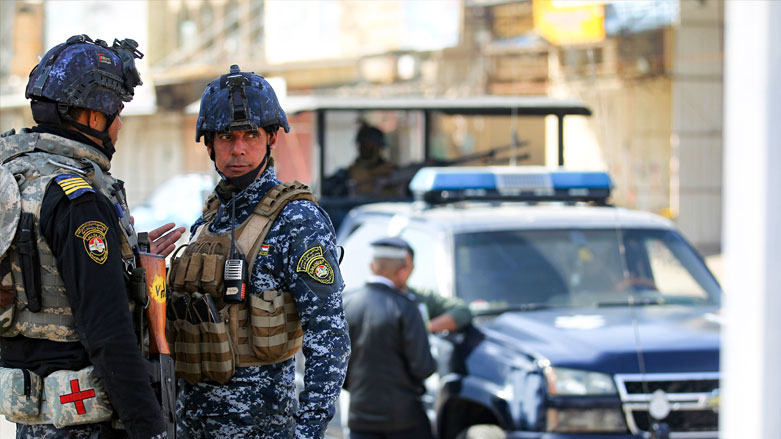ISIS terrorists behind Baghdad’s latest bombings killed, Iraqi PM says

ERBIL (Kurdistan 24) – Iraq’s Prime Minister Mustafa al-Kadhimi announced on late Tuesday that two of the planners behind the latest explosions in the capital Baghdad were killed in an operation.
In a statement on Twitter, Kadhimi said that “Abu Hassan al-Gharibawi, the so-called leader of southern Iraq in Da’esh [ISIS], and the terrorist Ghanem Sabah Jawad, who is responsible for transporting suicide bombers,” were killed in Abu Ghraib, west of Baghdad.
The two terrorists were killed by an airstrike from the Global Coalition, with the help of intelligence provided from Iraq’s ministry of interior, Yehia Rasool, the spokesperson for Iraq’s commander-in-chief, said.
In late January, a dual suicide attack rocked a crowded outdoor market in central Baghdad, leaving over 30 dead and more than 100 wounded.
Al-Gharibawi, one of the slain terrorists, was allegedly responsible for supervising the double bombings along with Ghanem Sabah Jawad who facilitated the transportation of January’s two suicide bombers, the spokesperson said.
The latest operation came following the killing of a senior Islamic State leader by Iraqi security forces last week. The terrorist was the group’s so-called governor in Iraq as well as the “Deputy Caliph.”
Read More: Iraqi forces kill senior ISIS leader in Iraq: Prime minister
The terror group has recently increased its attacks on both civilians and security forces alike, resulting in causalities and injuries in multiple provinces, especially territory disputed by the Federal Government of Iraq and the Kurdistan Regional Government (KRG).
Authorities in the Kurdistan Region have repeatedly called for cooperation in these areas to better manage the security gaps left between Kurdish and Iraqi forces, especially following the withdrawal of the Peshmerga in 2017 as Iran-backed militias attacked the disputed territories.
Editing by Karzan Sulaivany
